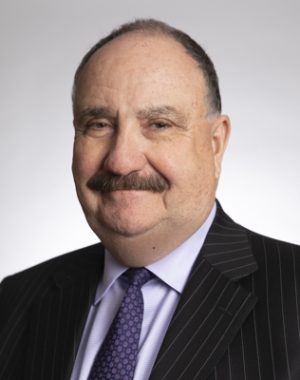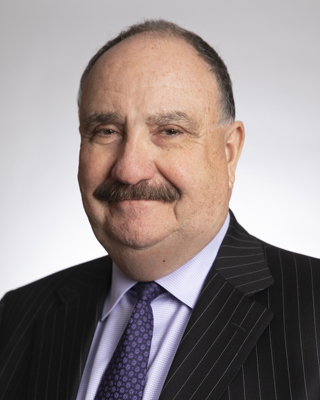U.S. Federal Reserve Bank officials have held interest rates near zero for more than six years. They have done this by cutting the federal funds rate, which is the interest rate the Federal Reserve Bank charges for overnight loans to banks.
This low rate environment has been especially hard on seniors who want to save money conservatively by making deposits into bank certificates of deposit (CDs), savings accounts, and money market funds. The interest earned on these deposits in most cases ranges from zero to 1%. This condition does not provide the return most seniors and savers need.
The U.S. Federal Reserve Bank has a dual mandate from Congress to create full employment with the unemployment rate between 4% and 5%, and to keep inflation moderate at 2%. Raising interest rates is a tool used to restrain economic growth and control inflation. For over six years, the U.S. economy has needed stimulation to reduce unemployment and encourage economic growth. Raising interest rates has not been appropriate during this period, but with the unemployment rate falling to 5.5% in February, the time to raise interest rates appears to be coming closer. The problem is that the core inflation rate (excluding food and energy) is still below 2%, at 1.6%, and the U.S. economy is vulnerable with durable goods orders falling and retail sales weakening.
When the Federal Reserve Raises Interest Rates Is Not Important.
Gross Domestic Product growth for the fourth quarter of 2014 is now determined to be 2.2%, down from the 5% rate of growth in the third quarter. However, FederalReserve Chairwoman Janet Yellen expects consumer spending to increase and grow the U.S. economy. All this has created a big fuss about what the Federal Reserve should do and when they should do it. The fussiness around this issue is actually inappropriate because Chairwoman Yellen has made it very clear that interest rates will be raised much more slowly than in the past. Many people remember that in June of 2004, the Federal Reserve raised interest rates by 0.25% every six weeks after their regular meetings. Yellen has made it clear that the U.S. economy is too fragile to repeat the cycle started in 2004. When the Federal Reserve begins raising interest rates is not nearly as important as what happens afterwards. When she and the economy are ready, Yellen wants to take the first step, then pause and take stock. She wants to avoid what recently happened in Sweden where the central bank (Riksbank) had to backtrack after raising rates too soon and inadvertently stalled the economy.
The Pace of Interest Rate Increases Is Important.
when the Federal Reserve will execute the first increase in interest rates is unwarranted because Yellen and the other officials will be very cautious and strive not to deter economic growth until inflation becomes
a threat.
Yellen gives three reasons why the pace of increases will be slow:
- Despite low interest rates for over six years, the U.S. economy shows signs of vulnerability, implying that the central bank’s help is still needed. According to Yellen, “If underlying conditions had truly returned to normal, the economy should be booming.”
- Moving too quickly on interest rates is a greater risk than a wait-and-see approach. There is no discernable threat now that the economy and inflation will become overheated.
- Holding down interest rates could help the labor market heal and begin to tighten, which would drive up wages and bring inflation up to the healthy level of 2%.
In addition, Yellen asserts that going slowly could actually fix the damage caused by the
2008 – 2009 recession:
The deep recession and slow recovery likely have held back investment in physical and human capital, restrained the rate of new business formation, prompted discouraged workers to leave the labor force and eroded the skills of the long-term unemployed. Some of these effects might be reversed in a tight
labor market.
Keeping interest rates low and raising them slowly is the best shot Yellen has of producing a tight labor market and a strong, fully-recovered economy.


